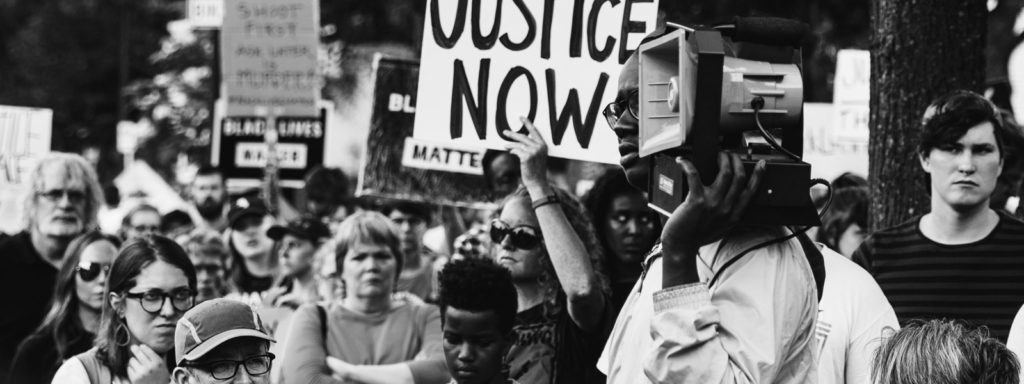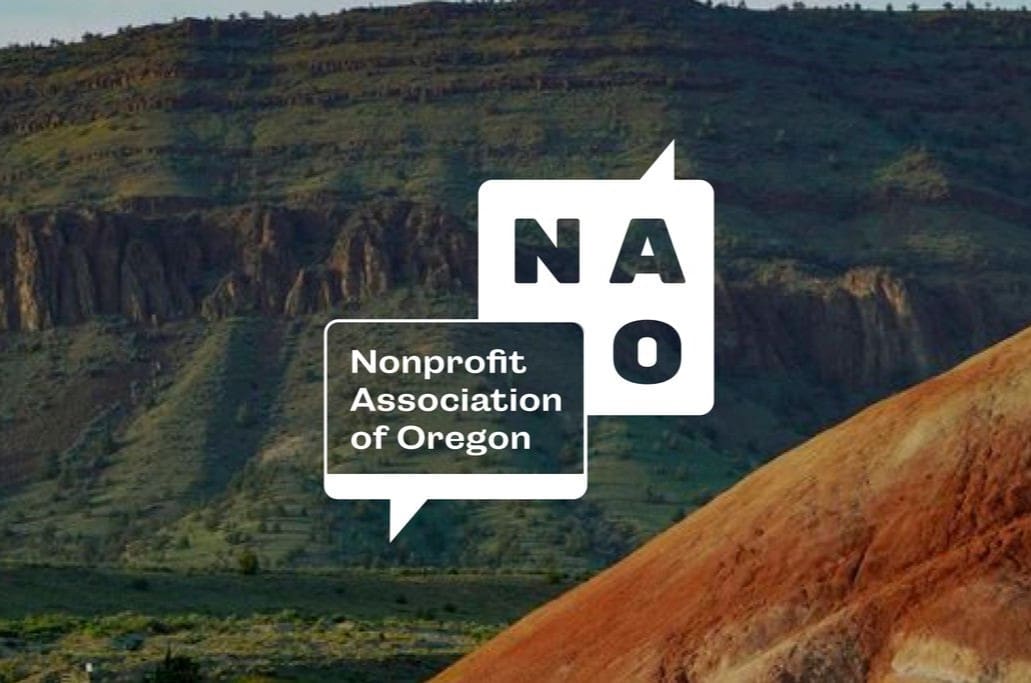The world needs us all to step up.
I speak only for myself. As a white man who runs an advocacy organization headquartered just blocks from the White House, I know I can do more. With no condemnation, I believe that many of us can do so much more.
It struck me that we talk about the current crisis gripping our nation as if it’s new. We all know it’s not new. No community knows that more than the Black community in this country. No one understands the weight of 400 years of oppression, discrimination, hate, and systematic racism more than the people who have directly suffered from it.
The killings of George Floyd, Breonna Taylor, and Ahmaud Arbery join a long list of others. Other names who have become hashtags and shaken our image of ourselves, our country, our organizations, and our communities. And if we’re willing to take a longer historical perspective, thousands more names need to be included that have been memorialized so powerfully at the Equal Justice Initiative’s National Memorial for Peace and Justice.
Many of us began the work of embedding racial equity or disaggregating our data or considering strategies that better center the voices and experiences of people of color only within the last decade. We have made incremental steps over the last few years, hiring more people of color, changing missions, focusing on data-driven results. And while I want us to honor the incremental steps we are making so that we don’t lose sight that even small progress is admirable, we must do more.
Many of you may know that my background and education is in theological reflection and social change. I spent years in Mexico as a young man and I learned a liberation theology and social justice framework known as “see, judge, act.” I have found it incredibly helpful in my own processing of our current events. The framework invites us to push our thinking and understand what it is we’re seeing in ourselves and others, judge and interrogate the systems in which we operate, and act to change it.
Seeing is about grounding yourself in the lived experience of others, as well as taking a hard look at yourself. We see Black people killed by police, we see a complex system of policing that resists reform, we see COVID-19 disproportionally affecting people of color and indigenous communities, we see the discrimination and bigotry toward Asian Americans being blamed for a global pandemic. At times, the pain of the infliction is bad enough, but it’s compounded by the insidious culture wars that divide us and pit us against our family members, colleagues, neighbors, and even our leaders. As leaders in our own right, we must lean into seeing this and not retreating in pain from those who are held down by systems — often literally and violently.
Judging is about taking the time to interrogate your values, belief systems, and behavior, as well as striving to understand how the various systems of our society work. As leaders we’re called to do the research, clarify the values that drive us individually and organizationally, analyze systems, disaggregate the data and look for patterns of disparity, and then do the hard work to understand how inequity gets perpetuated. And all of us in leadership roles must balance community voice and agency in building that analysis, while striving not to burden the people suffering the most to do our hard work of “judging.” Judging ideally results in building both a commitment and a clear results-oriented pathway to dismantle inequity.
Finally, we must act — individually, organizationally, and collectively. We must do things differently. We must honor the progress small and large, but never stop striving to dismantle the systems that cause these inequities, taking well thought through risks in not just calling for peace rooted in justice, but smartly deploying our talent and financial resources to rework the unjust systems to ensure sustained progress. It is humbling and deeply encouraging to engage with the people and organizations working to dismantle many of our nation’s unjust systems. Some organizations have been working on these issues for generations. Others may be newer to the work. All bring critical assets to make a big difference. What has become clear to me in my tenure at Independent Sector is that it is only through the collective effort of myriad individuals and organizations that we’ll continue to evolve our systems in favor of a nation in which all people thrive.
As leaders in this sector, we are the heart and conscience of this nation. As leaders we cannot recoil from the pain of this moment or allow it to overwhelm our individual and organizational ability to respond to the structural racism once again laid bare so clearly. We are a nation in crisis. We are humanity in crisis. While obvious, it is worth saying that how we show up right now must be grounded in intentionality, while harnessing the passion and drive for action.
For me, the reflective practice of “see, judge and act” has helped me ground myself to clarify our work at Independent Sector and mobilize our resources in partnership with other sector leaders to work for racial equity. “See, judge, and act” also grounds me in the brutal reality that there is tremendous work still before us and complacency is not an option. We say we believe that the result of our work should be all people in the United States thriving. It is clear that people are not thriving. We are committed to doing more. We ask you to join us in coalition, in membership, in partnership and in fierce accountability within our own system. See, judge and act, and always take care of yourselves while you do.



